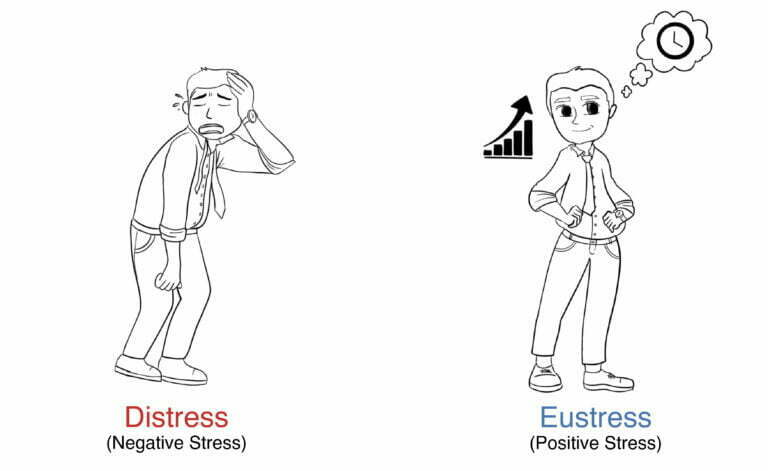On a recent trip to Cambodia, I found myself reflecting on the often-untapped potential of nonverbal signals. How much we miss out on when we don’t pay attention to those subtle clues, those hidden emotions, that reveal the essence of who we are – and where we came from!
Cambodia is a beautiful land with a tragic not-so-distant past. In the 1970s, the country was the site of a terrible civil war and genocide under the Khmer Rouge. Keen not to reopen any wounds, I decided to avoid any painful references to this period of history during our travels.
One sunny day, we were cruising along the Sangkae river, lined with floating houses and fishing villages. Spotting a small local restaurant on the banks, we stopped for lunch. The owner, a middle-aged lady, welcomed us joyfully. While setting the table, she began to sing, a smile on her face. Our guide spontaneously joined in, their voices blending together in harmony.
Strangely, even though the melody was soothing and calming, I felt a deep sense of melancholy within me….
Afterwards, I asked our guide about the song. He explained that it was by a famous signer, describing the typical life of Khmer people (the ethnic group native to Cambodia). Then, his voice beginning to tremble and eyes misting over, he told us that the singer was violently murdered by the Khmer Rouge.
Hence, the song was – at the same time – a collective national symbol, a joyful hymn to the Khmer way of life, and a terrible memory reminding everyone of a national tragedy. That is why, even though the restaurant owner and guide smiled as they sang, I felt an undercurrent of sadness….
The past is always within us.
It often happens that a sound, a smell, a touch opens the door to long-ago memories, instantly transporting us to the past and flooding us with emotion. Some memories are personal, others may be collective. Some may be happy and inspiring, others might be troubling and reflect unresolved traumas.
This is exactly the phenomenon described by a famous French expression – madeleine de Proust.
This phrase refers to smells, tastes, sounds or any sensations that remind you of the past or bring back emotional memories from long ago. It comes from a novel by Marcel Proust, who recounts how eating a madeleine cake immediately takes him back to his childhood and triggers all the emotions attached to that period of his life.
Tapping nonverbal signals and exploring emotional memories is part of my coaching process.
As a coach, my role is to listen actively and read the clues offered by nonverbal communication. This includes tone of voice, facial expressions and body language. Sometimes, hiding behind words, we discover a memory or experience that could be holding the coachee back or causing them pain. This may need to be explored and resolved to enable their personal and professional growth.
During this process, empathy is as vital as curiosity. Using gentle yet probing questions, I work towards uncovering the memory and its underlying meaning. Cultural awareness is also key, as it helps me understand whether the memory is individual or collective. The language used by the coachee is very important. Metaphors, for example, encapsulate a larger meaning in just a few words. These often imply a shared understanding, especially among people with the same cultural background.
Through thoughtful dialogue, we sort through the coachee’s emotions. Remember, not all memories and feelings call for deeper exploration! Sometimes nonverbal clues lead us to hidden pain or trauma, but other times they simply reveal a transient emotion that will naturally pass in time.
Encountering a madeleine de Proust in Cambodia reminded me to keep looking beyond words. Memories are powerful vehicles of emotion and feeling, which often disclose themselves in not-so-obvious ways. A deeper exploration of these can enrich our understanding of ourselves – and the world around us.



